We talk about the health benefits of outdoor recreation all the time here on Twin Cities Outdoors. Clinical Counselor Karin Lyon helps us understand why our activities outside in nature are so beneficial—specifically for our mental health.
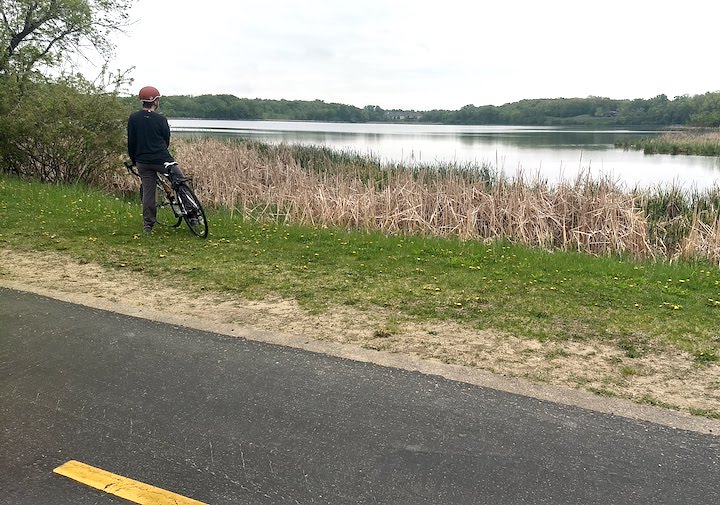
While this will get a little clinical, stick with us. You’ll be fascinated by the interrelation of nature, our physical body and our mental/emotional well-being.
1. Regulates Your Sympathetic and Parasympathetic Systems
That’s a mouthful right there—what does it mean?
Karin believes one factor in our society’s mental health decline is our lessened time outside. Time outside can help regulate our nervous systems.
She says, “The sympathetic system is associated with the fight-or-flight response. Everybody has a fight-or-flight system. Whenever there’s a threat going on, we get activated. Sometimes being dysregulated is being too activated.
“It might be a kid with behavior issues: home is tense, school is tense, they’re tense all the time. They need a way to get the tension out of the body and return to a regulated state.
Our parasympathetic nervous system is designed to counter that activation. It’s the calming system.
“You can think of the parasympathetic like the brake pedal and the sympathetic like the gas,” Karin says. “You can have a very touchy gas pedal, so the slightest thing sets you off. Or maybe you have to press really hard on the brakes to get your parasympathetic system online.”
Take a look at our Digital Guide Series
The good news is you can strengthen your parasympathetic system so the two work in balance with each other. So you’re regulated.
One of the easiest ways is just breathing. “Calm, slow, rhythmic breathing is one of the biggest regulating tools we have.”
Where better to enjoy some calm slow breaths than in the fresh air outside? Playing, running and walking can also encourage oxygenation which helps our physical bodies influence our mental health.
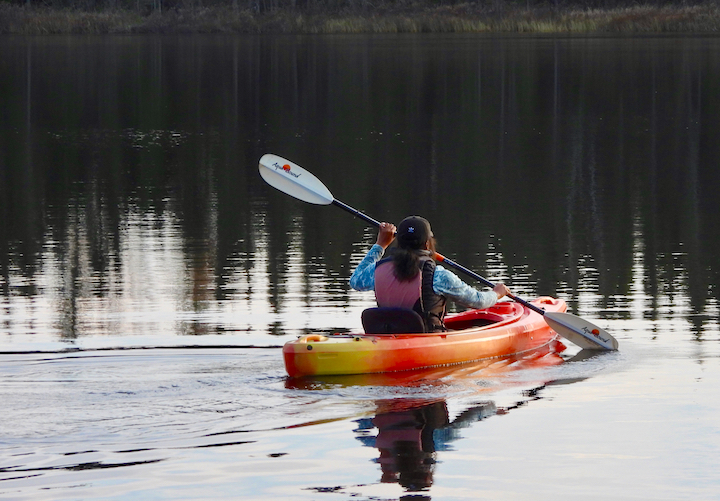
2. Includes Rhythmic Movement
Sometimes rhythmic movement can help regulate your sympathetic and parasympathetic systems.
Think about the outdoor activities you love: walking, hiking, biking, paddling. All of these are rhythmic—the way your arms move, the way your legs move. Because so many outdoor activities are rhythmic, they can be helpful for regulation.
“Exercise itself can be regulating for a lot of different reasons,” Karin says. “It can help the body process the side effects of stress like adrenaline and cortisol that can increase with the fight-or-flight response. Your body can purge these through sweat. That’s one reason why you might feel better after a good to work out.”
3. Involves Your 5 Senses
Another way to help regulation is to intentionally connect to our five senses: sight, smell, taste, touch and hearing. This helps you become more grounded in the present moment rather than thinking about all of the stressful situations in your life or pain from the past.
Think of how many of your senses are activated when you’re outside:
- Smells like the dirt, rain, blooming flowers.
- Sounds like birds singing, the wind in the trees.
- The feel of the sun on your face, the wind blowing around you.
- Sights like the beauty, the colors of the natural world around you.
- Even taste, if you hike during berry season, for example.
Karin says, “When I work with children I do something called sandtray. Sand is regulating for children when they sink their hands into it.
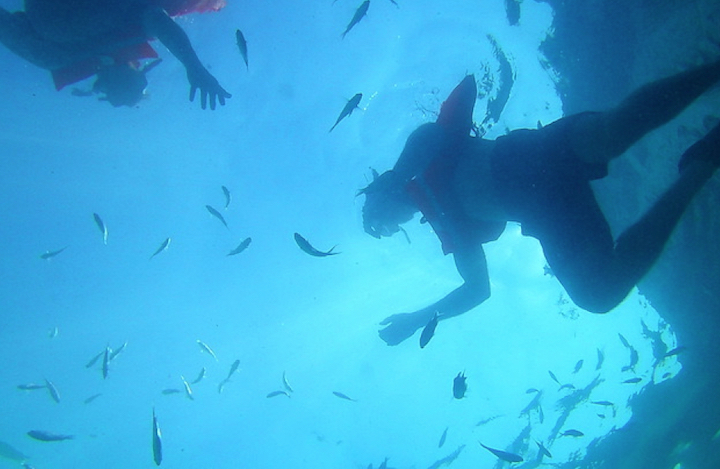
4. Challenges You
“For children, challenge can be a component of healthy development,” Karin explains. “When they experience and succeed at challenge they realize, ‘I can do this.’ It builds a sense of competence. This is true for adults, too!
“Challenging the imagination is also foundational for problem solving and the need for flexibility and resilience that comes with adulthood. If you’ve developed an ability to be flexible as a child and to use your imagination to problem-solve, it builds the ability to be flexible in the future.”
An example Karin gives is this: your boss yells at you. If you’re someone with inflexible thought, you assume there’s something wrong with you. It’s about you. If you have flexible thought, you can say, “Maybe my boss is having a bad day.”
5. Provides Regulated Space
With some of her clients, Karin works to help them build a strong connection with a memory or place where they felt safe and calm. Recalling this space with all five senses can help the body and mind regulate after working through something difficult.
“In my experience, many of my clients choose an outdoor setting for their regulated space. Calm water can be a potent image for a lot of people when we’re doing some of the groundwork for trauma,” says Karin.
“If they’ve had outside experiences, many choose those memories—beaches, maybe the Boundary Waters or a campfire. These experiences have a lot to draw from with the senses like smell, touch and hearing.”
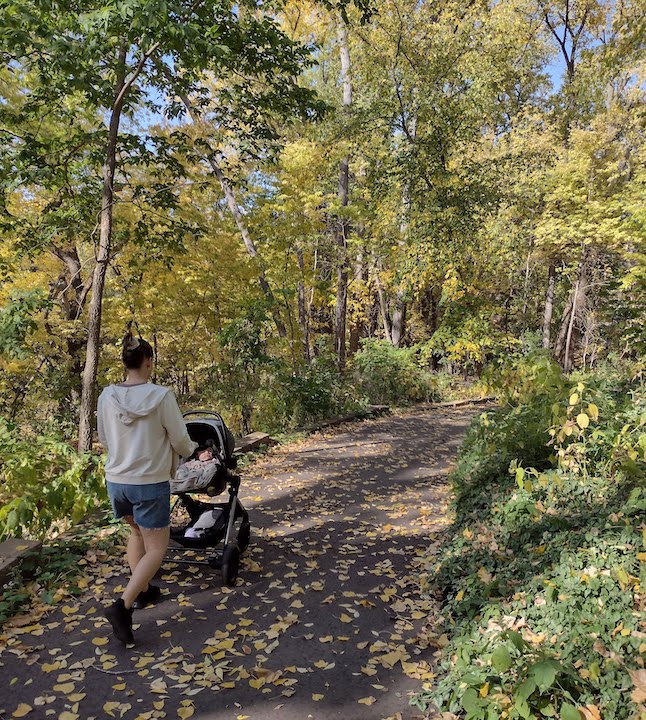
6. Exercises Neuroplasticity
Another great way outdoor recreation can boost your mental health is to learn new outdoor activities.
Karin says, “When you learn something new, you exercise neuroplasticity. Your brain can reorganize and build new neural connections. Your brain grows new neurons, rewires some connections and makes new connections.” This can have a protective effect on your brain as you age.
So when you learn a new outdoor skill, you exercise neuroplasticity. You develop mental flexibility. As you learn, you’re also being challenged, which creates more confidence. “You develop self-efficacy and the belief in your ability to handle things that come your way,” says Karin.
“And back to being in the present—when you learn or practice something new, you have to be so present. You’re tensing your muscles, maybe balancing. You’re focusing mentally on what you’re doing. At the same time your senses are taking in your surroundings.”
It all works together to help you regulate, grow, build confidence and find peace.
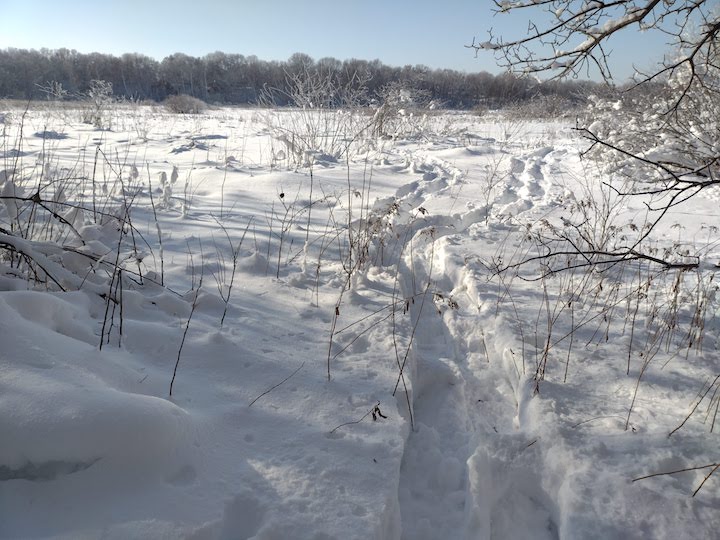
Barriers to Improving Mental Health in the Outdoors
Inertia seems to play a part, creating a benign resistance to things like getting out for a walk or bike ride. We simply enjoy our comfort. It makes it hard to get outside for activity.
“And there’s so much pressure associated with our modern lives,” Karin says. “Everybody is under pressure in terms of time, but also expectations. People are juggling multiple roles that have too many demands on their time and energy.
“Sometimes if you ask people what they do for fun they look at you cross-eyed. There’s no time for fun. And there’s no room for it mentally. Which is exactly why you need to go have fun!
“And in our American culture, we often get kudos for being extra busy. There’s this weird thing out there that if you’re stressed and frazzled, you’re a superhero.
“Resilience is a big buzzword in the mental health field. And one of the big factors of resilience is knowing how to play—no matter your age.”
Another barrier is the cultural separation of our emotional and physical health. The more you realize you’re a whole person—a body, mind and spirit—the more it makes sense that getting outside for physical activity can have a profound impact on a mental health issue.
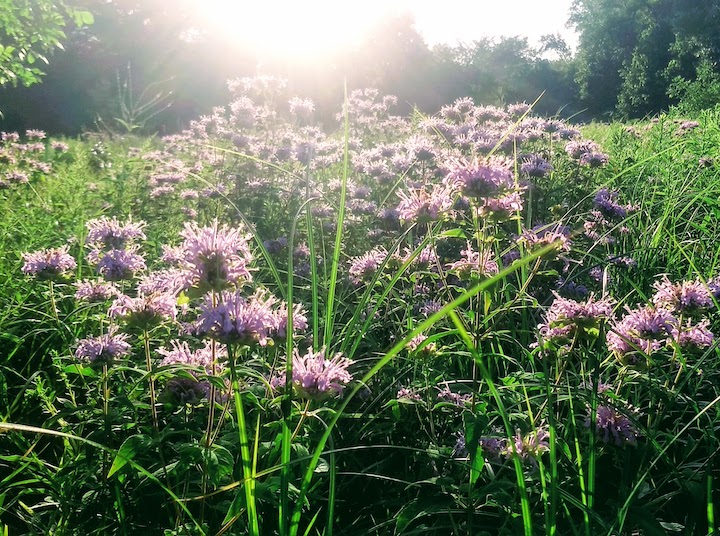
Take a look at our Digital Guide Series
A big THANK YOU to Karin Lyon for taking time for this interview! I hope it’s given you that many more reasons to include outdoor recreation into your daily life.
Karin is a Licensed Professional Clinical Counselor and the owner of Lyon Counseling in White Bear Lake. Her clients include people of all ages, with a special focus on treating trauma and anxiety.
Before becoming a licensed counselor, Karin worked in recreation and wilderness programs in Illinois, Wisconsin and Colorado. She currently serves on the Board for Coldwater Foundation, a wilderness-based faith and leadership development non-profit in the Boundary Waters of northern Minnesota.
You’ll like these, too…
- The Surprising Health Benefits of Thankfulness
- Why Outdoor Play is So Good for Our Kids
- Safely Solo: A First Overnight Backpacking Trip
- New Winter Gear: How Do These Perform? - November 29, 2023
- Paddle North: SUPs, Kayaks and More - November 20, 2023
- 2023 Holiday Gift Guide for Outdoor Lovers - November 10, 2023
